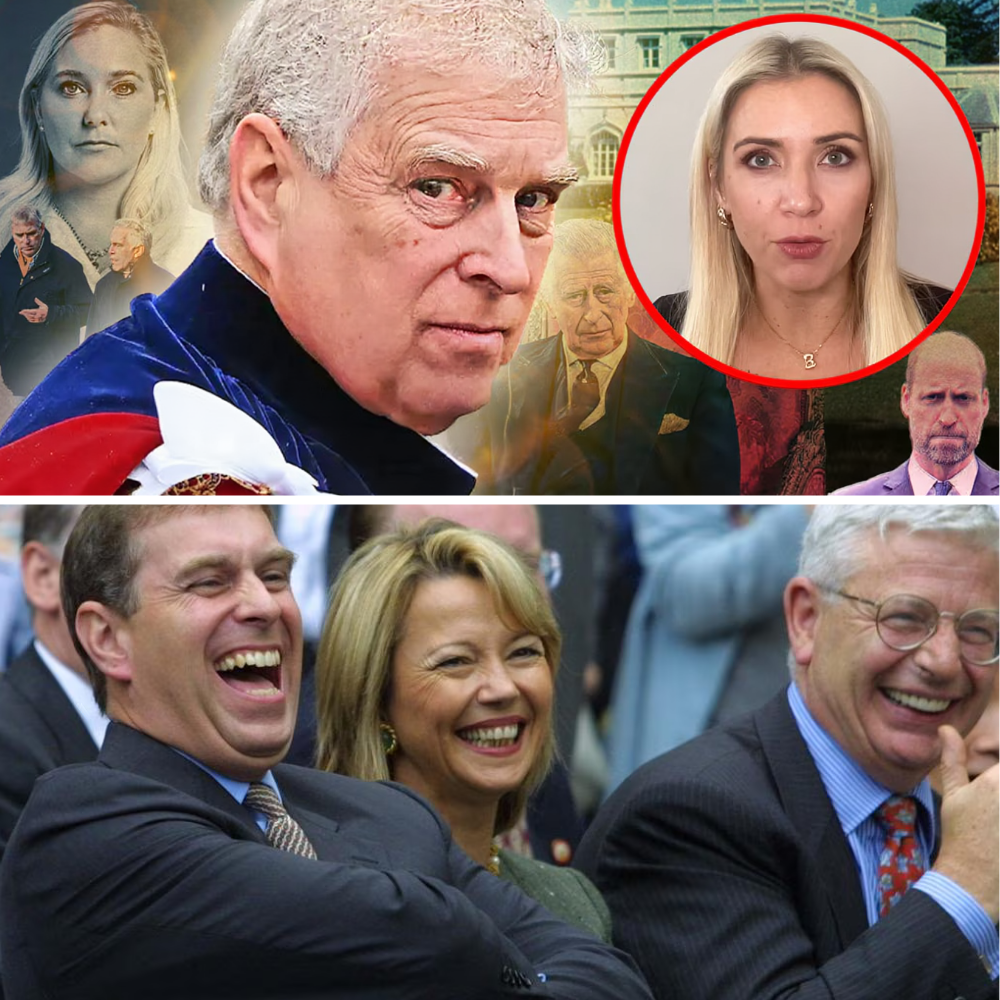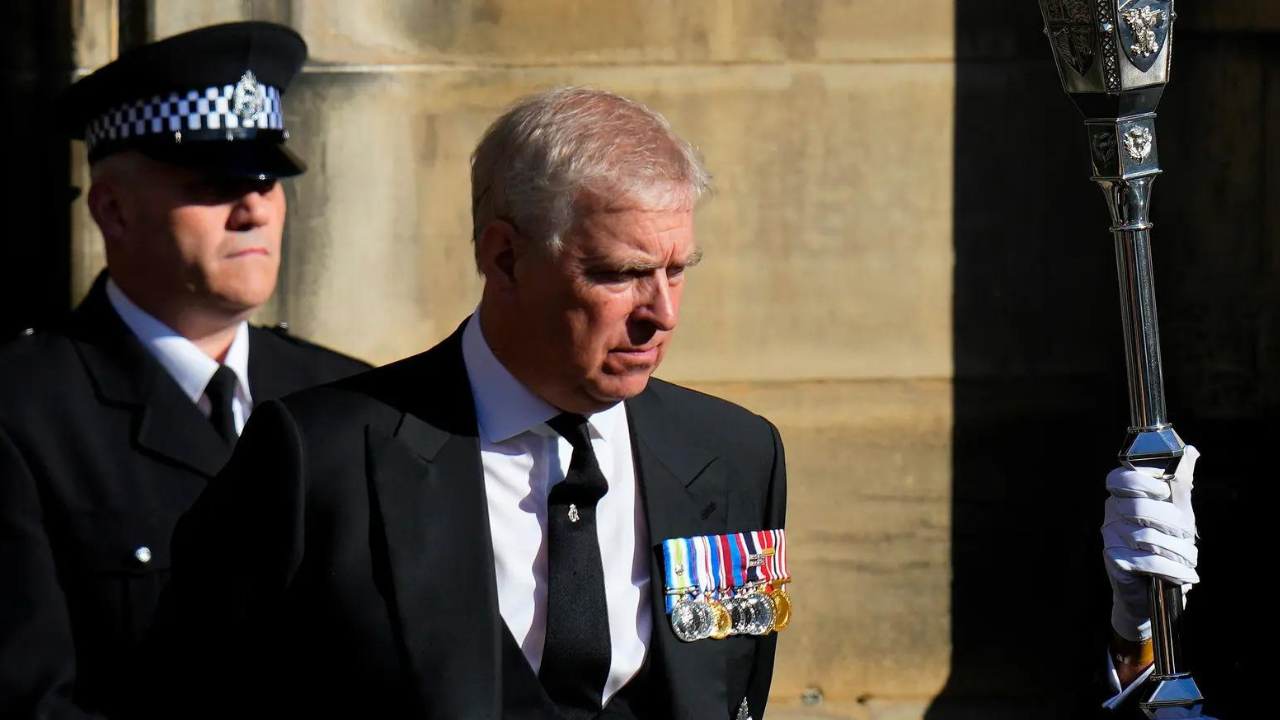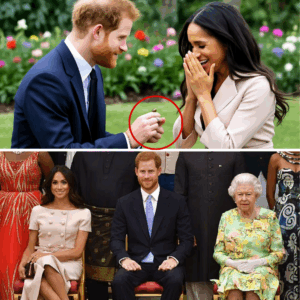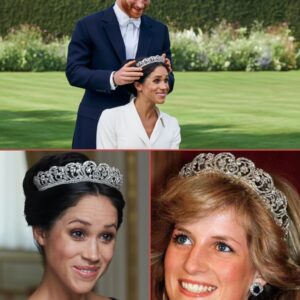
In the gilded halls of Buckingham Palace, where centuries of pomp and privilege have shielded the British monarchy from the world’s harshest judgments, a single family member’s excesses have finally cracked the facade. Andrew Mountbatten Windsor, once the dashing Duke of York and a celebrated war hero from the Falklands conflict, has been unceremoniously stripped of his princely title, evicted from his lavish Windsor estate, and reduced to a commoner in name and stature. This dramatic purge, announced by the palace on October 30, 2025, marks the culmination of years of simmering outrage over his entanglement in one of the most sordid chapters of modern royal history: his close ties to the late sex trafficker Jeffrey Epstein.
The scandals that felled Andrew began surfacing over a decade ago, but they exploded into public consciousness in 2019 with a disastrous BBC interview. There, the then-Prince attempted to dismiss allegations of sexual misconduct with Epstein’s underage victim, Virginia Giuffre, by claiming he couldn’t sweat due to a wartime overdose of adrenaline—a detail that struck many as tone-deaf and evasive.
Giuffre, who died by suicide in April 2025, had long accused Andrew of abusing her three times when she was 17, facilitated by Epstein and his accomplice Ghislaine Maxwell. Though Andrew settled her 2022 civil lawsuit out of court for millions without admitting liability, the damage was irreparable. Her posthumously published memoir, Nobody’s Girl, released just weeks before the title stripping, reignited global fury with graphic accounts of encounters where Andrew allegedly treated her as “his birthright.”
Yet, the Epstein saga is only part of the rot. Fresh allegations, unearthed in royal biographer Andrew Lownie’s unauthorized exposé earlier this year, paint an even darker portrait of Andrew’s taxpayer-funded escapades as Britain’s Special Representative for International Trade and Investment from 2001 to 2011. During one such official jaunt to Thailand in 2006, Andrew reportedly insisted on a five-star Bangkok hotel over the embassy, where diplomats allegedly arranged for 40 prostitutes to be delivered to his suite over a mere four days—all on the public’s dime.

Lownie, citing verified sources including a Reuters correspondent and a Thai royal family member, described it as “industrial-scale sexual consumption” enabled by British officials, underscoring Andrew’s entitlement and disregard for propriety. These trips, meant to boost trade, instead became playgrounds for golf, graft, and gratification, with Andrew allegedly using staff to procure “blondes” and “ballerinas” on demand.
Public reaction has been a tidal wave of revulsion. Polls in the wake of Giuffre’s book showed the monarchy’s approval dipping to historic lows, with only 26% of Britons supporting its current form—a echo of Queen Elizabeth II’s “annus horribilis” in 1992. Calls for renaming streets like Prince Andrew Way in Northern Ireland and pubs bearing his old title have proliferated, while figures like Donald Trump expressed pity for the Windsors’ plight. Even within the family, tensions simmer: Prince William, the future king, reportedly issued ultimatums to Andrew’s daughters, Beatrice and Eugenie, over retaining their titles, fearing inherited taint.
At the heart of the backlash lies Andrew’s infamous four-word retort to the mounting furor: “I have no recollection.” Uttered in that fateful 2019 interview, these words—dismissive, detached, and dripping with denial—encapsulated his refusal to empathize with victims or own his shadows. They didn’t just alienate viewers; they symbolized a monarchy out of touch, fueling anti-royal sentiment and demands for transparency in its opaque finances.
King Charles III’s decisive action—initiating formal removal of Andrew’s styles, honors, and even his last naval vice-admiral rank—signals a desperate bid to salvage the institution. Andrew, now 65 and relegated to a modest Sandringham property on private brotherly support, remains eighth in line to the throne, untouchable without parliamentary upheaval. But as he fades into obscurity, the question lingers: Can the House of Windsor weather this storm, or has Andrew’s hubris hastened its unraveling? In an era of accountability, four words may indeed topple a dynasty.





